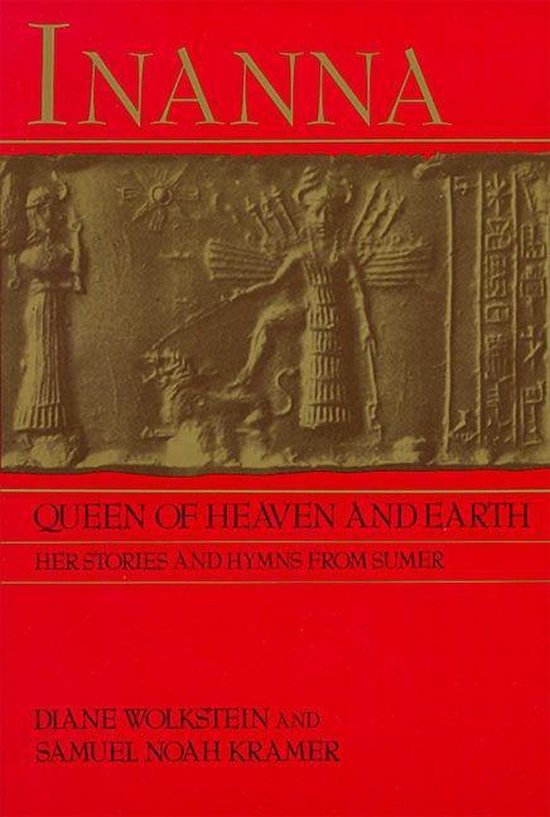Rbizo.com
The weaving of mantra

Rubriek: Textual/Printed/Reference Materials - Boek
Prijs: € 49.99
Rating: 0/5
☆
☆
☆
☆
☆
Verzending:
2 - 3 weken
2 - 3 weken
Inhoudsopgave:
Omschrijving:
Examines the Buddhist priest Kukai's influence on Japanese culture. This book contends that the importance of Kukai's transmission of esoteric Buddhism to Japan lay in his creation of a general theory of language grounded in the ritual speech of mantra. It explores the rhetorical strategies Kukai employed in his works.
The great Buddhist priest Kukai (774-835) is credited with the introduction and establishment of tantric -or esoteric -Buddhism in early ninth-century Japan. In Ryuichi Abe examines this important religious figure -neglected in modern academic literature -and his profound influence on Japanese culture. Offering a radically new approach to the study of early religious history -combining historical research, discourse analysis, literary criticism, and semiology -Abe contends that the importance of Kukai's transmission of esoteric Buddhism to Japan lay not in the foundation of a new sect but in his creation of a general theory of language grounded in the ritual speech of mantra. embeds Kukai within the fabric of political and social life in ninth-century Japan and explains how esoteric Buddhism played a crucial role in many societal changes in Japan -from the growth of monasteries into major feudal powers to the formation of the native phonetic alphabet, kana. As Abe illustrates, Kukai's writings and the new type of discourse they spawned also marked Japan's transition from the ancient order to the medieval world, replacing Confucianism as the ideology of the state. Abe begins by placing Kukai's life in the historical context of medieval Japan and the Ritsuryo state, then explores his interaction with the Nara Buddhist intelligentsia, which was seminal to the introduction of esoteric Buddhism. The author discusses Kukai's magnum opus, () and introduces a number of Japanese and Chinese primary-source texts previously unknown by Western-language scholars. Instead of tracing Kukai's thought through literal readings, explores the rhetorical strategies Kukai employed in his works, shedding valuable light on what his texts meant to his readers and what his goals were in creating a discourse that ultimately transformed Japanese culture. The great Buddhist priest Kukai (774-835) is credited with the introduction and establishment of tantric-or esoteric-Buddhism in early ninth-century Japan. In The Weaving of Mantra, Ryuichi Abe examines this important religious figure-neglected in modern academic literature-and his profound influence on Japanese culture. Offering a radically new approach to the study of early religious history-combining historical research, discourse analysis, literary criticism, and semiology-Abe contends that the importance of Kukai's transmission of esoteric Buddhism to Japan lay not in the foundation of a new sect but in his creation of a general theory of language grounded in the ritual speech of mantra. The Weaving of Mantra embeds Kukai within the fabric of political and social life in ninth-century Japan and explains how esoteric Buddhism played a crucial role in many societal changes in Japan-from the growth of monasteries into major feudal powers to the formation of the native phonetic alphabet, kana. As Abe illustrates, Kukai's writings and the new type of discourse they spawned also marked Japan's transition from the ancient order to the medieval world, replacing Confucianism as the ideology of the state. Abe begins by placing Kukai's life in the historical context of medieval Japan and the Ritsuryo state, then explores his interaction with the Nara Buddhist intelligentsia, which was seminal to the introduction of esoteric Buddhism. The author discusses Kukai's magnum opus, Ten Abiding Stages on the Secret Mandalas (Himitsu mandara jujushinron) and introduces a number of Japanese and Chinese primary-source texts previously unknown by Western-language scholars. Instead of tracing Kukai's thought through literal readings, The Weaving of Mantra explores the rhetorical strategies Kukai employed in his works, shedding valuable light on what his texts meant to his readers and what his goals were in creating a discourse that ultimately transformed Japanese culture.
- 1 Bekijk alle specificaties
Beste alternatieven voor u.

Classical Hebrew Poetry
Rating: 0 / 5 | Prijs: € 45.99
Isbn classical hebrew poetry a guide to its techniques genre religie type boekomslag paperback taalversie engels breedte 156 mm hoogte 234 mm genre religie 455 pagina s paperback wilfred g e watson jaar van publicatie 2009 taalversie engels voorgesteld geslacht elk geslacht
2 - 3 weken .. MEER INFO

Inanna
Rating: 0 / 5 | Prijs: € 21.28
A fresh retelling of the ancient texts about ishtar the world s first goddess illustrated with visual artifacts of the period a great masterpiece of universal literature mircea eliade
Op voorraad. Voor 23:59 uur besteld, woensdag in huis .. MEER INFO

Perfection of Wisdom in Eight Thousand Lines & Its Verse Summary
Rating: 0 / 5 | Prijs: € 18.44
After the torah the koran and the gospels the indian literature of the perfection of wisdom has had the greatest impact on the religious consciousness of mankind its composition extended for over seven hundred years and here we offer the reader the first two works which were composed in south
2 - 3 weken .. MEER INFO
Product specificaties:
Taal: en
Bindwijze: Paperback
Oorspronkelijke releasedatum: 25 oktober 2000
Aantal pagina's: 620
Illustraties: Nee
Hoofdauteur: Ryuichi Abe
Tweede Auteur: Ryichi Abi
Hoofduitgeverij: Columbia University Press
Editie: New edition
Extra groot lettertype: Nee
Product breedte: 152 mm
Product hoogte: 32 mm
Product lengte: 228 mm
Studieboek: Ja
Verpakking breedte: 159 mm
Verpakking hoogte: 254 mm
Verpakking lengte: 254 mm
Verpakkingsgewicht: 820 g
EAN: 9780231112871